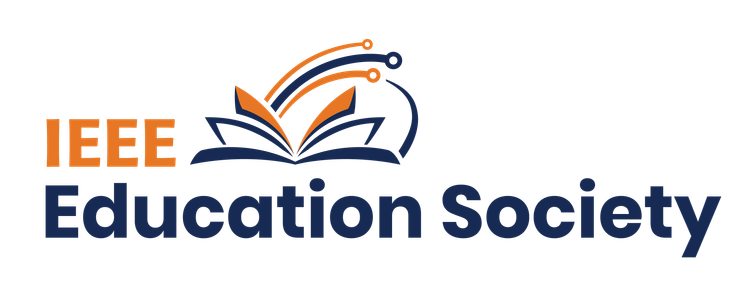Educating the Future Engineer Business Generalists to become Powerful and Dynamic Leaders
Overview
Many leading managers worldwide, e.g. Jeffrey Bezos - Amazon; John Martin - Gilead Sciences; John Chambers - Cisco Systems; David Pyott - Allergan; David Simon - Simon Property Group have engineering background. According to Harvard Review in 2014, Twenty-four of HBR's 100 best-performing CEOs have undergraduate or graduate degrees in engineering. However, the continuous technological, economic and social changes of the last few decades have increased the need for managers to have a good understanding of these changes and the environment in which organizations function.


